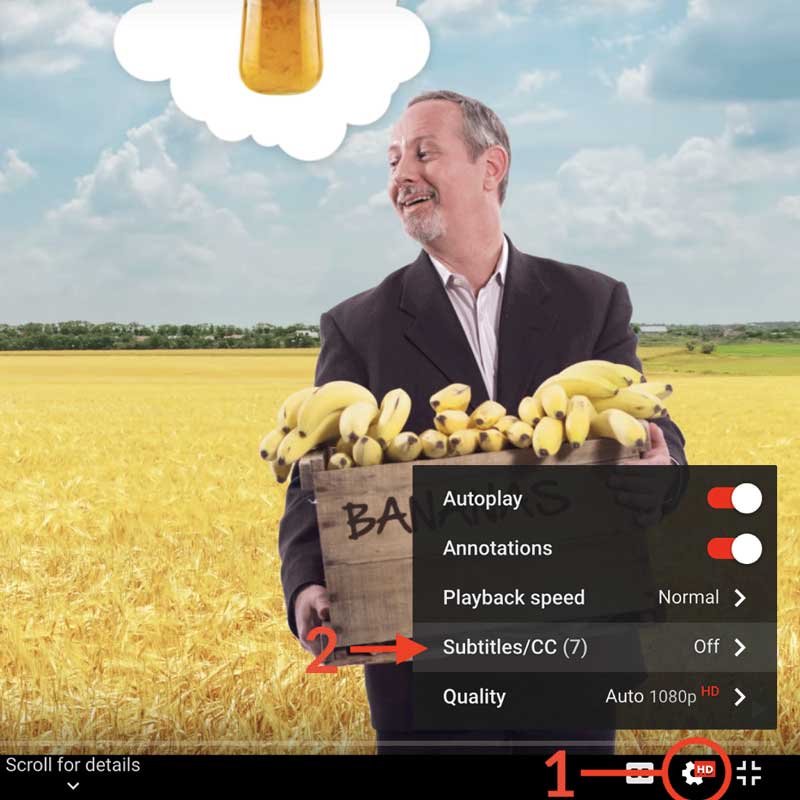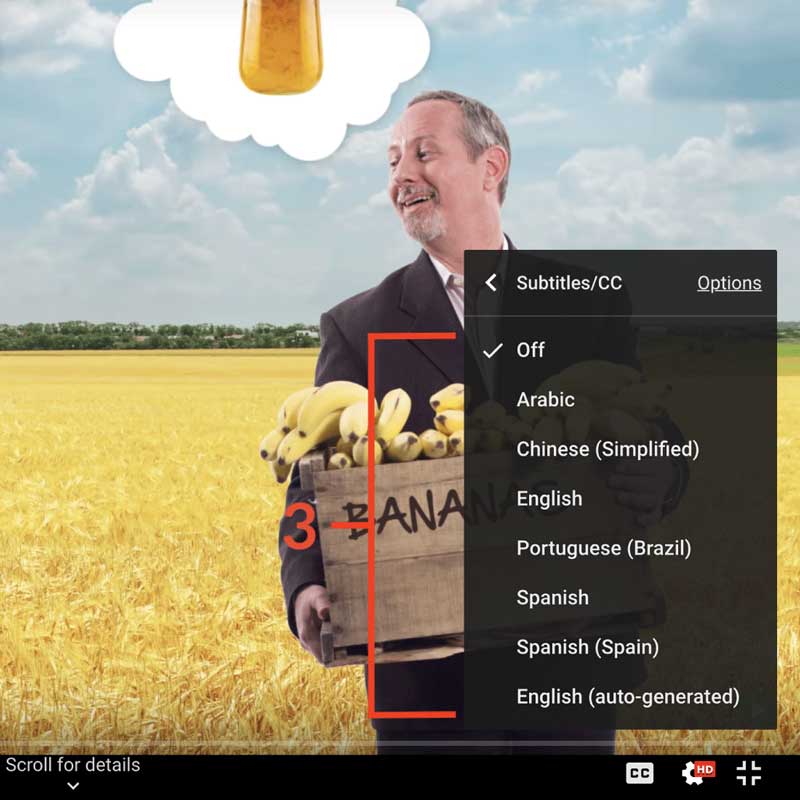Price Ceilings
Course Outline
Price Ceilings
Price Ceiling: The maximum price allowed for a given good, set by government. From the Principles of Microeconomics course.
Teacher Resources
Transcript
A price ceiling is a maximum price allowed by law. So, for example, if the price ceiling on gasoline is $2.50, it is illegal to buy or sell gasoline at above that price. It's called a ceiling because you cannot go above the ceiling. So, a ceiling is a maximum price. It has five important effects. It's going to create shortages, reductions in product quality, wasteful lines, and other search costs, a loss in gains from trade or a deadweight loss, and a misallocation of resources.
Subtitles
Thanks to our awesome community of subtitle contributors, individual videos in this course might have additional languages. More info below on how to see which languages are available (and how to contribute more!).
How to turn on captions and select a language:
- Click the settings icon (⚙) at the bottom of the video screen.
- Click Subtitles/CC.
- Select a language.


Contribute Translations!
Join the team and help us provide world-class economics education to everyone, everywhere for free! You can also reach out to us at [email protected] for more info.
Submit subtitles
Accessibility
We aim to make our content accessible to users around the world with varying needs and circumstances.
Currently we provide:
- A website built to the W3C Web Accessibility standards
- Subtitles and transcripts for our most popular content
- Video files for download
Are we missing something? Please let us know at [email protected]
Creative Commons

This work is licensed under a Creative Commons Attribution-NoDerivatives 4.0 International License.
The third party material as seen in this video is subject to third party copyright and is used here pursuant
to the fair use doctrine as stipulated in Section 107 of the Copyright Act. We grant no rights and make no
warranties with regard to the third party material depicted in the video and your use of this video may
require additional clearances and licenses. We advise consulting with clearance counsel before relying
on the fair use doctrine.


